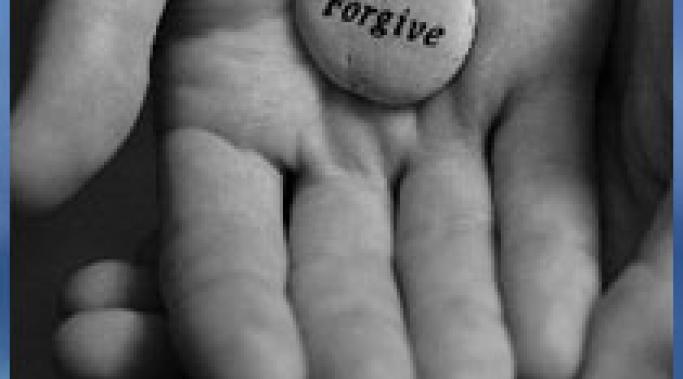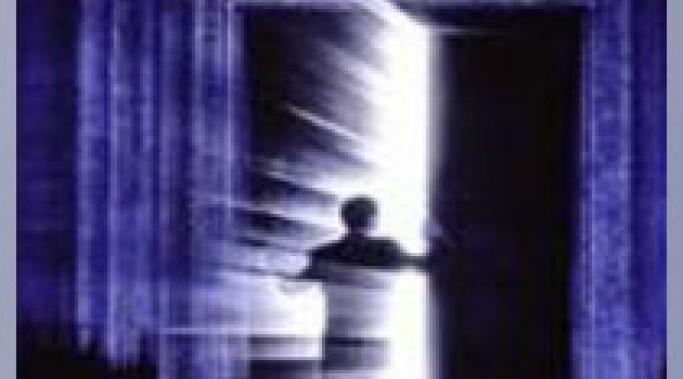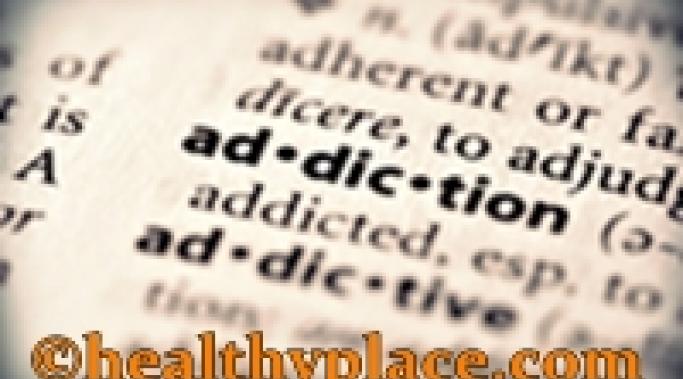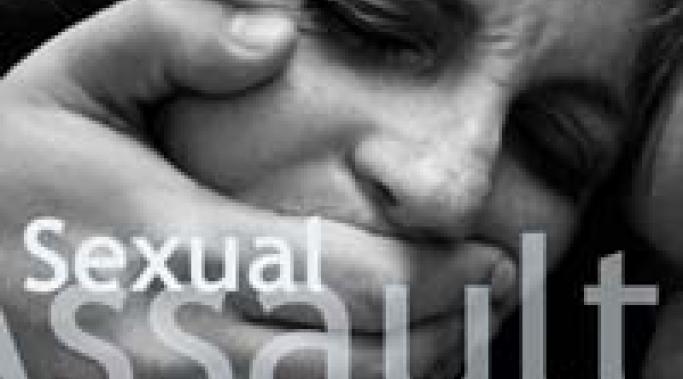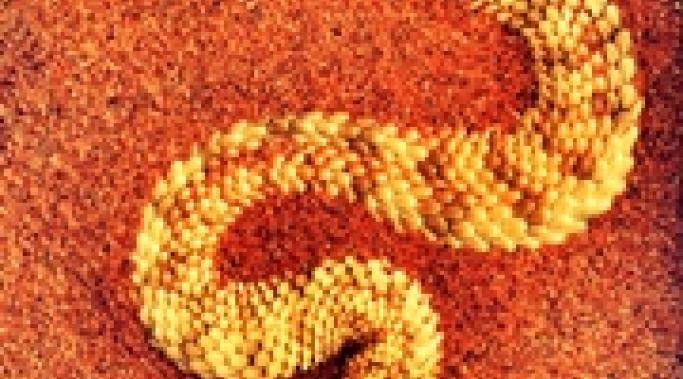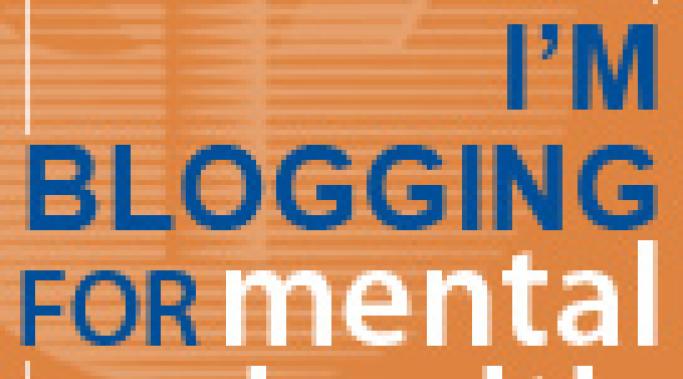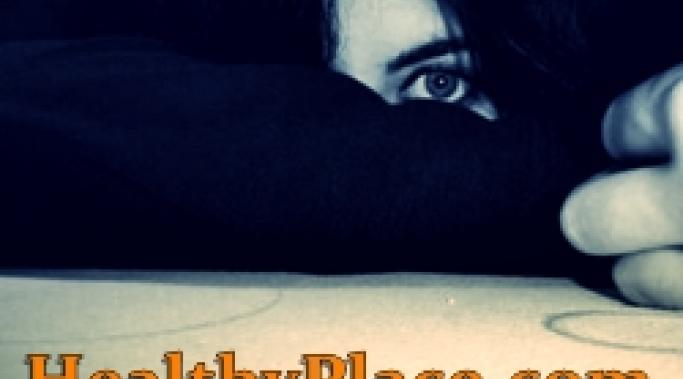Good news--my friend Ann from AA is okay. Her house was burglarized around 5 p.m. yesterday, but fortunately she was not at home. Her neighbors noticed a car parked the wrong way in the driveway and a 15-year-old boy running around the house carrying a flat-screen TV, and called the police with a description of the perpetrators and their vehicle. The suspects were caught near a Ruby Tuesday, where they reportedly held a person up with a sawed-off shotgun--during the dinner rush. Thankfully, a deputy sheriff was close by, so they were caught and Ann got most of her belongings back.
She surprised me, however, when she said that the perpetrators were probably desperate for drug money. Who robs a house in broad daylight? Who holds up a person in a crowded parking lot? She said she hoped they got help. The power of grace and forgiveness kept her sober.
As people with borderline personality disorder (BPD), we have a lot to learn from Ann.
Spirituality and BPD
I have a confession to make--I am almost incapable of calling a crisis hotline, no matter how bad I feel. I flip open my cell phone, stare at the screen, flip it shut, flip it open again, start to dial the number, stop and flip it shut, on it goes. It can take me up to half an hour to call a crisis hotline. I have no clue why I do this.
And I'm not the only person who does this. According to IMAlive.org, more than 30 percent of people who call a crisis hotline hang up as soon as they hear a voice. Maybe you're one of these people. Did you know you have the option to chat online about your problem?
I've often said that it would be interesting to do a study on psychosis among charismatic Christians or others who emphasize spiritual experiences in daily life. How many would be psychotic? And how do we know the difference between religious experiences and psychosis? How do we know the difference between a heavenly experience and the hell of mental illness? I once read a book that attempted to answer this question by saying that religious experiences are usually visual and pleasant.
I'll never forget when I was first diagnosed with borderline personality disorder (BPD). My mother had hand-picked a psychiatrist for me to see based on the doctor's Christian faith. The psychiatrist did an evaluation, diagnosed me with some other things and BPD, then told my mother it was caused by bad parenting.
So began not only my journey in the world of mental illness, but my family's as well.
There was one flaw in my plan to wake up screaming--I wasn't asleep.
This was not a nightmare, at least not in the literal sense. Although surreal, this was real—I was really pinned to my apartment floor, three people from Antioch Community Church in Waco, Texas, really were yelling at Satan, said people really were attempting to perform an exorcism without my consent. My illness had finally caused a conflict so severe it drove me out of that church and almost out of Christianity. Sad, because spirituality can be a powerful aid to healing from borderline personality disorder (BPD).
Good news. I heard from the therapist who treated me in college, Dr. Cynthia Wall. I told her I was ambivalent about paying $115 for treatment I wasn't sure I needed. She wrote "I imagine you know what my bias is, but I will say it anyway. No money is wasted on treatment, particularly that related to an addiction. You are worth it!!!"
I also found that I can get the money together given a little time. So now that the money issue is dealt with, I have one more hurdle to clear: psychiatric clearance. Basically, how will borderline personality disorder (BPD) impact my treatment?
When someone suffers from borderline personality disorder (BPD), he or she needs to beware of the word "masochism". According to Dr. Aphrodite Matsakis' I Can't Get Over It, some people are quick to label a person who has experienced multiple traumas a masochist and interpret their misfortunes as a desire to be miserable. For example, when I was sexually assaulted, I was told I was "maybe not consciously" asking for it.
This song, written early in my active addiction to alcohol, describes the struggle to break free.
Though the righteous may stumble,
He picks them back up.
Though the poor may have nothing
He fills up their cup.
Though the weak weep alone
And cry deserts wet
He stands right behind them
And they're not beaten yet.
Spirituality can be a wonderful healing tool for people with borderline personality disorder (BPD). However, it can also be a source of pain. When religion becomes abusive, it does more harm than good.
